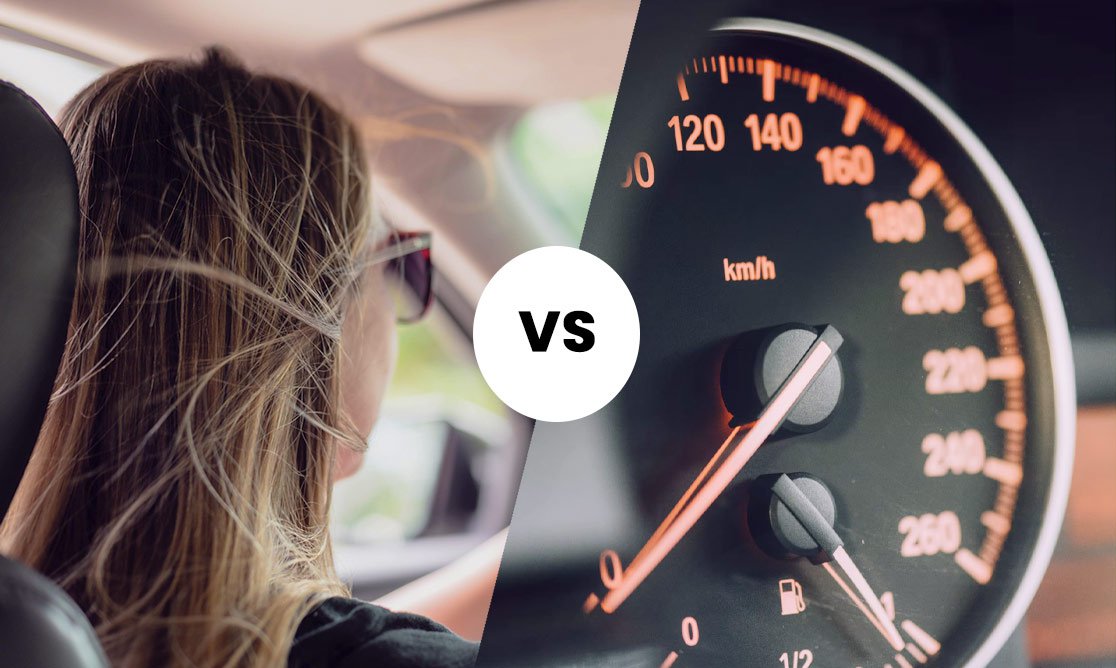- Are you looking for a car loan and can’t decide between secured and unsecured options?
- How do terms vary, and what interest rates can you expect from each?
- A secured car loan is often cheaper and easier to get, but you’ll likely have to use your new vehicle as collateral.
If you’re looking for a new car but need funds to pay for it, you might have noticed the secured and unsecured loan options.
Not entirely sure what the difference is? Read on to find it out.

In this guide
Unsecured car loans
Unsecured car loans are personal loans that don’t require you to use assets as security. This type of loan is ideal if you don’t want to use the new vehicle as collateral. However, you’ll need an impeccable credit history to get the money.
An unsecured car loan works like all unsecured personal loans, meaning that the lender will approve or reject your application based on your creditworthiness. You will also have to demonstrate that you can afford the loan, providing the lender with proof of income and details about any savings you might have. To compensate for the higher risks, unsecured car loans generally come with higher interest rates and more fees.
Common features
- Absence of collateral. You’ll own the vehicle right away and won’t risk losing it if you can’t keep up with the payments.
- Redraw facilities. Variable interest loans may feature redraw facilities, allowing you to withdraw any amount you might have paid over the minimum payment.
- No vehicle eligibility requirements. You can use the money to buy any car make and model, as well as used vehicles.
Costs
You can expect to pay interest rates up to 15% p.a. Other costs can include an application fee, administrative fees, early payment fees, etc.
Pros and cons
Pros
- Simple application process and quick access to funds, often deposited on the same day.
- Flexible loan tenure.
- The car is not at risk in case of default.
Cons
- Generally higher interest rates compared to secured loans, but you may be offered a low rate if you have very good credit.
- Lenders typically offer to lend less for unsecured compared to secured loans.
Secured car loans
Secured car loans are a type of secured personal loan that require you to use assets as security. Most lenders use the vehicle you purchase as collateral, although some may also accept other assets. You may be able to borrow the money even if your credit history is average.
Some lenders limit your options to specific makes and models. You won’t own the vehicle straight away, only after you’ve extinguished the loan. However, secured loans have more generous terms and are cheaper.
Common features
- Attractive interest rates. Secured car loans can have interest rates as low as 2.89% p.a.
- Longer terms. Most secured car loans allow you to pay back the money in 84 months or more, whereas most unsecured loan terms don’t exceed 60 months.
- Higher limits. Secured car loans allow you to borrow more money than unsecured loans, so you can buy a nicer car.
Costs
Interest rates generally vary from 2.89% to 10% p.a. Most lenders charge no application fee, and the loan has lower ongoing fees.
Pros and cons
Pros
- Higher loan amounts typically available.
- Flexible loan terms.
- Redraw facilities on variable interest loans.
- Interest rates are usually lower compared to those on unsecured loans.
Cons
- You’ll have to use the new vehicle as collateral.
- Some lenders require you to buy specific car makes and models.
Which is better?
If you don’t mind using the new vehicle as collateral but want to borrow more money and pay lower interest, a secured car loan might be worth considering. If you have an excellent credit history and want to own the new vehicle straight away or buy a used car, an unsecured loan could let you do that.
In the end, it depends on your own financial situation. Weigh up your options carefully before you decide.

